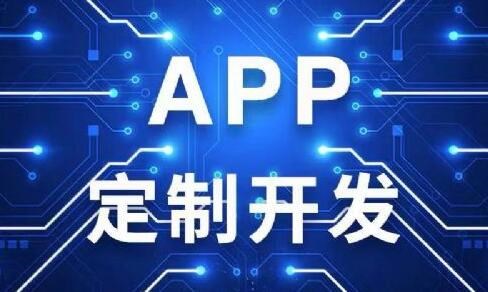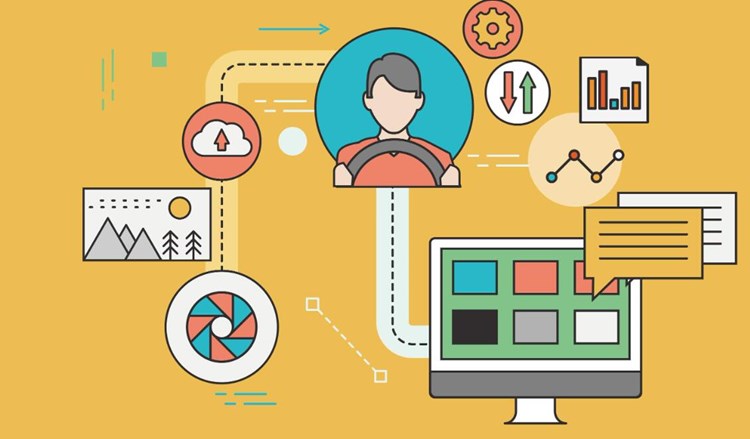中文化、本土化、云端化的在线跨平台软件开发工具,支持APP、电脑端、小程序、IOS免签等等
The world of app development is vast and encompasses a wide range of technical terminologies and concepts. Whether you're a beginner or a seasoned developer, knowing the common English terms and their meanings is essential to accelerate your learning and enhance your app development skills. In this article, we'll discuss some frequently used terms and provide a detailed introduction to the world of app development.
1. App: App is short for "application," a program designed to deliver specific functionality on computers or mobile devices.
2. SDK (Software Development Kit): An SDK is a collection of software tools, libraries, and documentation that simplify the development process. Examples include Google's Android SDK and Apple's iOS SDK.
3. API (Application Programming Interface): APIs are sets of protocols, routines, and tools that enable different software to communicate and share data. They allow developers to build apps quicker by integrating pre-built functionalities.
4. IDE (Integrated Development Environment): An IDE is a software application that consolidates various tools and features, like editors, debuggers, and testing tools, needed for app development. Popular IDEs include Xcode for iOS development and Android Studio for Android development.
5. Native app: Native apps are created for specific platforms (e.g., iOS, Android) using platform-specific programming languages, like Swift for iOS and Kotlin or Java for Android. These apps offer optimal performance and access to the device's hardware and native features.
6. Cross-platform app: Cross-platform apps are developed using a single codebase (e.g., React Native or Xamarin) but can run on multiple platforms. They save time and effort in app development but may compromise performance and access to native features.
7. UI (User Interface): The UI is the visual and interactive aspect of an app, including elements like buttons, icons, and navigation menus. A well-designed UI provides a seamless experience for users.
8. UX (User Experience): UX involves the overall experience of using an app, such as how intuitive it is or whether it meets users' expectations. Effective UX design influences user satisfaction and engagement.
9. Wireframe: A wireframe is a basic visual representation of an app's layout and functionality, used to plan and streamline app development.
10. Prototype: A prototype is an interactive mockup of an app that mimics its final functionality. It's used to test ideas, gather feedback, and refine the app's design.
11. Version control: Version control systems (e.g., Git, Mercurial) help developers track and manage their codebase's changes, making it easier to collaborate and revert to previous versions if needed.
12. Debugging: Debugging is the process of finding and fixing errors, called bugs, in an app's code, to ensure the app works correctly and efficiently.
13. Agile: Agile is a methodology that values iterative development, collaboration, and flexibility in project management. It emphasizes working incrementally, delivering small features or improvements frequently, and adjusting plans based on feedback.
14. Scrum: Scrum is a popular Agile framework that organizes work into short, manageable chunks called sprints. Scrum teams collaborate closely, hold daily meetings, and regularly review their work.
15. Continuous integration (CI): CI is a practice that automates the integration of code changes, allowing developers to detect and fix issues faster. This practice promotes collaboration and accelerates app development.
16. Continuous deployment (CD): CD refers to the automated release of software updates, ensuring that users always have access to the latest features and improvements.
17. App store optimization (ASO): ASO is the process of optimizing an app's store listing to increase its visibility, drive downloads, and improve its rankings.
By familiarizing yourself with these key terms and concepts in app development, you'll better understand the process and be better equipped to create successful apps. As with any skill, practice and learning from others will only improve your expertise and knowledge of the app development world.





